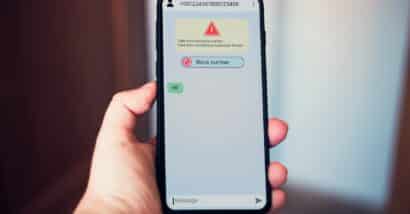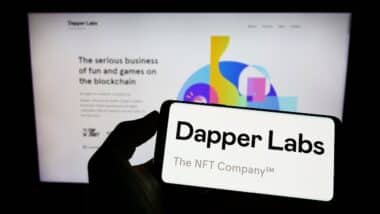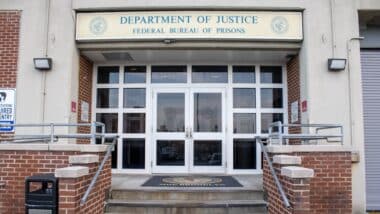Student loan cancellation lawsuit overview:
- Who: A Texas federal judge blocked the controversial U.S. Department of Education’s student debt cancellation program.
- Why: The judge found that the executive branch unconstitutionally implemented the student loan cancellation program.
- Where: The student loan cancellation lawsuit was filed in Texas federal court.
A Texas judge blocked the Biden administration’s controversial student loan cancellation program, but the U.S. Department of Education will reportedly appeal the decision.
On Nov. 10, U.S. District Judge Mark T. Pittman granted summary judgment in favor of two plaintiffs who are not eligible for full benefits from the student loan cancellation program. The judge found that the executive branch “unconstitutionally exercises ‘legislative powers’ vested in Congress” by offering to cancel student debt.
“In this country, we are not ruled by an all-powerful executive with a pen and a phone,” Judge Pittman writes. “Instead, we are ruled by a constitution that provides for three distinct and independent branches of government.”
Plaintiffs argue student loan cancellation program shortchanges some borrowers
Plaintiffs Myra Brown and Alexander Taylor filed their student loan cancellation lawsuit in October, alleging that the U.S. Department of Education “flagrantly violated” notice and comment requirements set forth by the Administrative Procedure Act.
The plaintiffs allege that the department failed to provide notice and seek comment from the public and instead worked out the program’s details “in secret with an eye toward securing debt forgiveness in time for the November election.”
They claim that the program’s arbitrariness will result in an unfair situation in which some borrowers will reap significant benefits and others will be shortchanged.
The student debt cancellation, which President Joe Biden announced in August, offers to cancel up to $20,000 in student loan debt for students who were awarded Pell Grants and have student loans held by the education department and up to $10,000 for those borrowers who did not receive a Pell Grant.
Judge Pittman determined that the program did not violate the Administrative Procedure Act’s notice and comments requirements. However, he concluded that the HEROES Act did not mention loan forgiveness and therefore the administration did not have the authority to implement the student loan forgiveness program.
The government argued that the HEROES Act provided the administration with the ability to address pandemic-related financial hardship, but Judge Pittman was not persuaded by this claim.
Last month, six states sued to block the Biden administration’s student loan cancellation program, claiming the plan was “unlawful and arbitrary.”
Did you apply for student loan cancellation? Tell us what you think about the judge’s decision to block the program in the comments!
The U.S. government is represented by Cody T. Knapp, Kate Talmor, R. Charlie Merritt and Samuel Rebo of the U.S. Department of Justice’s Civil Division, Federal Programs Branch.
The student loan cancellation lawsuit is Myra Brown, et al. v. U.S. Department of Education, et al., Case No. 4:22-cv-00908, in the U.S. District Court for the Northern District of Texas.
Don’t Miss Out!
Check out our list of Class Action Lawsuits and Class Action Settlements you may qualify to join!
Read About More Class Action Lawsuits & Class Action Settlements:














